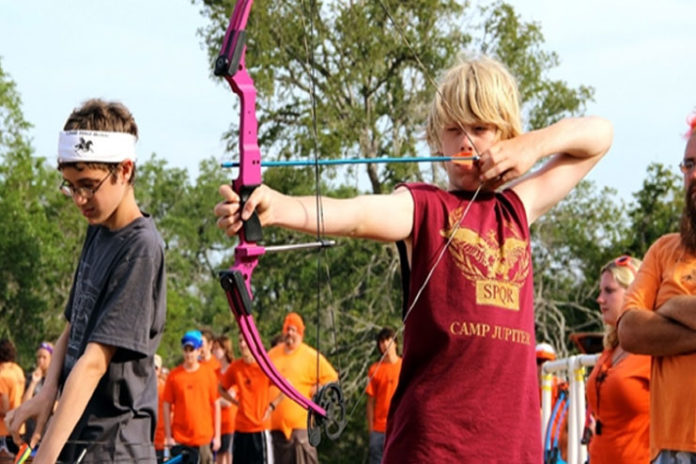Planning to send your child to a camp this summer? Well, if you are a first-timer, you have much to consider. Misconceptions abound about summer camp and what goes into choosing the best one for each child. Camp Navigator debunks top ten myths about choosing a summer camp. Read on to make an informed choice.
Myth: For kids predisposed to homesickness, a shorter camp is best.
Fact: In truth, a longer camp helps a child battle homesickness better, meet new people, forge friendship and make the most of their camp experience. Once they have lived through it, they feel a real sense of accomplishment.
Myth: If another child liked this camp, my child must like it too.
Fact: Just like no two camps are same, similarly, the needs and requirements of no two kids are comparable. Depending on the interests and issues of your child, opt for camps that does best justice to him. A camp that fits one child might not suit the other. So choose with care and some thought!
Myth: A camp should always be close to home.
Fact: It’s great if a camp of your liking happens to be close by. But don’t base your selection solely on the proximity. Selecting a good camp, regardless of distance and location is more important. Mind it!
 Myth: My child loves art, so I’ll send him to an art camp.
Myth: My child loves art, so I’ll send him to an art camp.
Fact: This might work best if your child has already attended a general camp in the past and is a little older and can handle the intensity of a one-activity camp. If he/she is a first-timer, a general camp might be the best bet. Normal camps are more nurturing and handle kids more sensitively. They also offer children exposure to a variety of activities, which often generates new interests for a child.
Myth: The best camps are the most expensive ones.
Fact: It’s true that you get what you pay for. With a a wide range of camp tuition available, from about $400 to $1200 per week, you are likely to be baffled while making a pick. But you don;t always need to shell out a fortune to get the best for your child. Some exceptionally good programs are also available for a much lesser fee. We suggest you weigh all the factors, not just price.
Myth: My child must attend camp with a friend.
Fact: This might be a great idea of you child is unwilling to go on a camp alone. But in the long run, this could do more harm than good. Friends who go to camp together often stick together, isolating themselves from the group and not making new friends, a key aspect of the entire camp deal. Or, it could be that the more independent and extrovert kid will go around making friends, leaving the other child feeling abandoned and cheated, resulting in a strained camp experience-and a broken friendship.
Myth: My child is too not ready for camp.
Fact: Most parents, especially the first-timers feel that their children are not ready to leave the nest and go to camp. Typically, families who send younger children (ages 6 to 10) to camp have reported easier adjustment and better overall experience. Older children have a more developed sense of fear, which at times hinder adjustment. Teens can often be rebellious and refuse going to camp. So it’s good to start early, you see.
Myth: I need to tour he camp before I make a pick.
Fact: Few families are early planners and prefer to tour camps well in advance, possibly a summer ahead. In truth, this is the only useful time to pre-visit. Visiting a camp during the off-season, when it is closed, is a futile exercise. Today, most camps have videotapes and websites where you can see the camp in action.
Myth: I’ll start my planning in the spring.
Fact: Families should not wait for spring to spring, but begin their camp selection process as early as possible, as the peak months for camp enrollment are December through March.
Myth: Camp is not for us.
Fact: True, not every camp is tailor-made for every child. But there are special camps for different needs of a child. Regardless of a child’s personality or nature, camp can afford them the chance to have fun, make new friends, develop skills and cultivate new interests. What’s important is to understand the child’s style and interests and find a camp that meshes.









